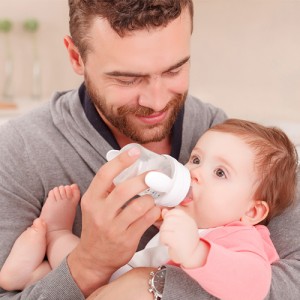Maryland Farms Pediatrics offers free prenatal visits or “meet the doctor” visits if your children are older and you are considering a change in pediatrician. Parents may also choose one of our physicians or our practice in the hospital without a prenatal visit. We love for expectant parents to visit our office so they can










